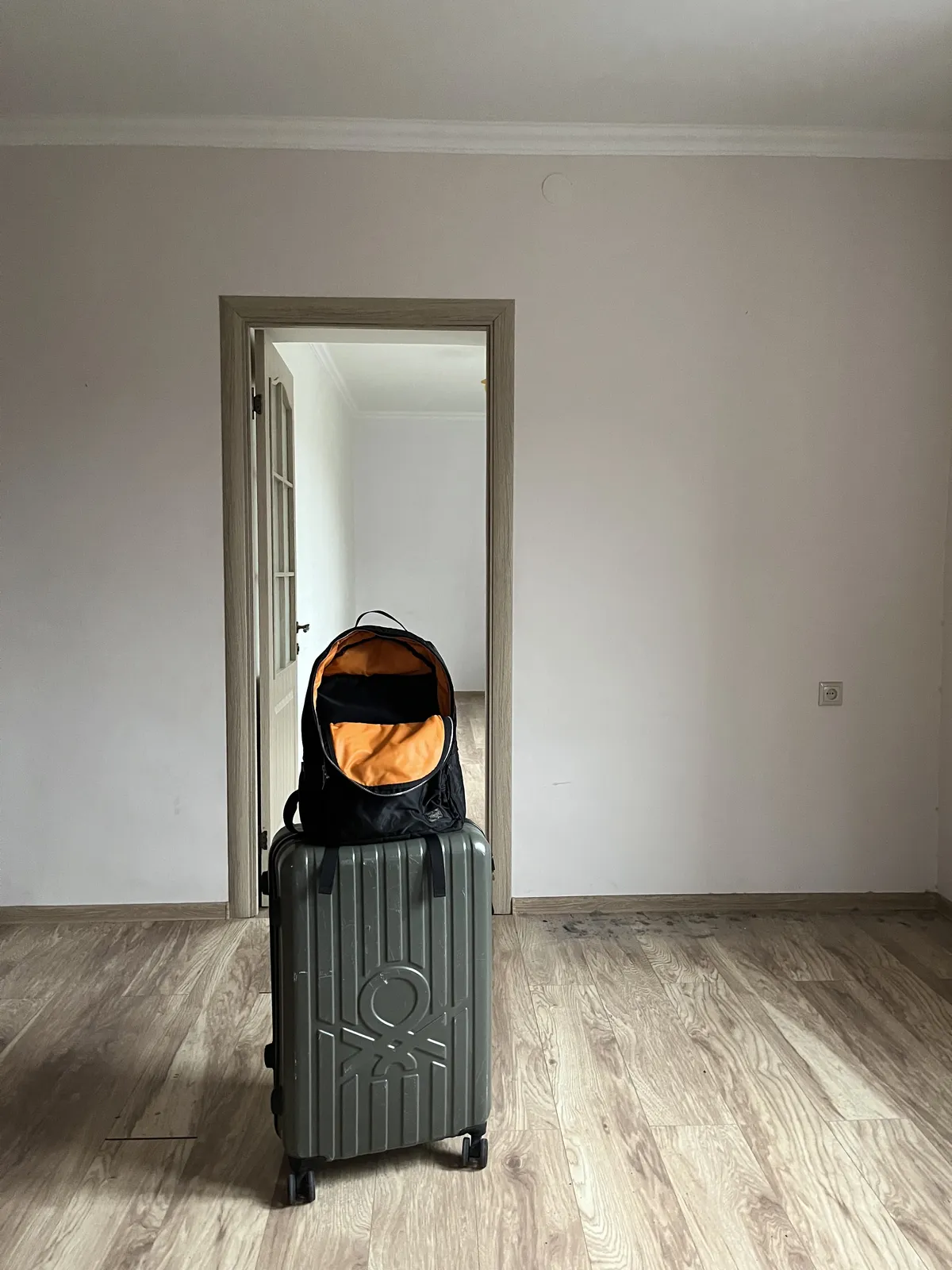This text is about my personal experience with maximalism, minimalism, and how to deal and live with it.
The path of personal possessions
Maximalism: Embracing abundance
Until 2016, I was a guy who kept everything in the world that came into his hands. For example, the packages of things I bought were never thrown away because my inner voice told me that they had a soul. Later, I began to associate this feeling with a Japanese religion called Shinto [神道], which endorses of the above inner feeling.
Minimalism: Embracing simplicity
In 2016, I started decluttering my stuff, throwing all the empty packaging, zines, receipts and other sh*t into a bin. Did it make me feel better? Yes and no, because throwing something away feels like throwing away a piece of your soul.
The next step, which continues today, was to sell anything of value. Since 2018, my local eBay account has ~180 closed lots, with prices starting at $1. Since then, I have come to understand that we can sell anything in this world.
It would be nice to say that my belief in Shinto has disappeared after the above step, but there is I get an understanding that things need to live instead of lying on a shelf and gathering dust.
At that time I decided never to sell any of my beautiful books, but in 2022 my migration to another country happened because of the Russian invasion of Ukraine, and my inner voice told me to sell all this stuff and donate the money.
Present: Embracing essentialism

It may seem like I’ve never bought anything since then, but that’s not true. Curiosity forces me to buy things from time to time, but I try to use an MVP-as-buying strategy to save some money. For example, if I feel the urge to buy something, I’ll first try to find the cheapest equivalent or buy a second-hand one to test my interest, and if I’m still interested, I can buy the more expensive one.
I love owning things and watching them age, but I don’t like to worry too much about their safety. Again, things need to live and work. I like to call that kind of essentialism.
And the idea of things for life doesn’t work either, because they tend to get boring, — some clothes fall into disrepair, while others take on new allegiances.
Healthy ownership
Extreme minimalism can serve as a coping mechanism in moments of overwhelming emotion. During these anxieties, when I want to get rid of anything at all, I try to imagine what will happen if I do, but the only thing that comes to mind is dying. You know, it’s a very unhealthy way of thinking.
In the end I would say don’t block your desires. Let yourself enjoy your life and use the more sensible forms of consumerism. Perfectionism and minimalism can rob you of your happiness.